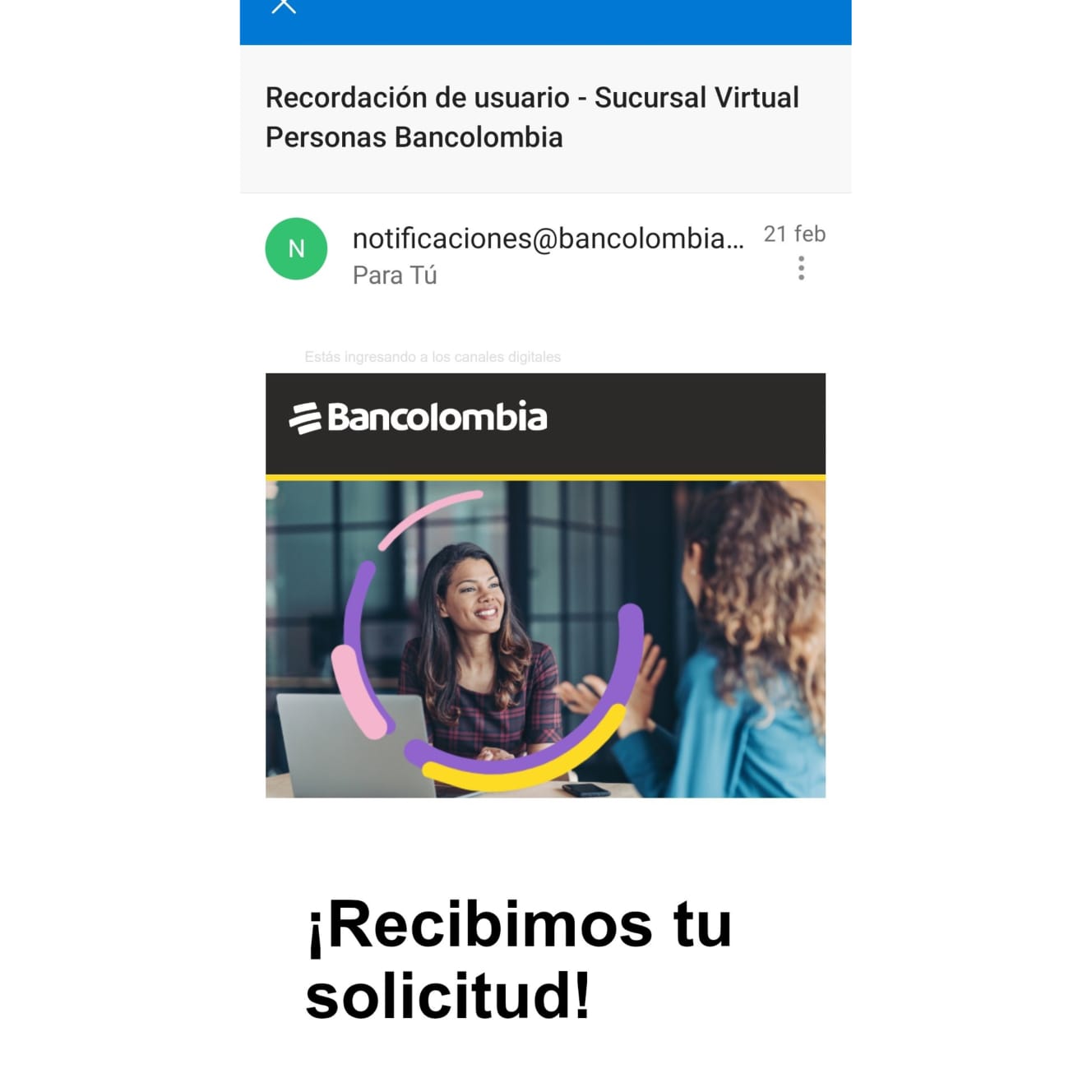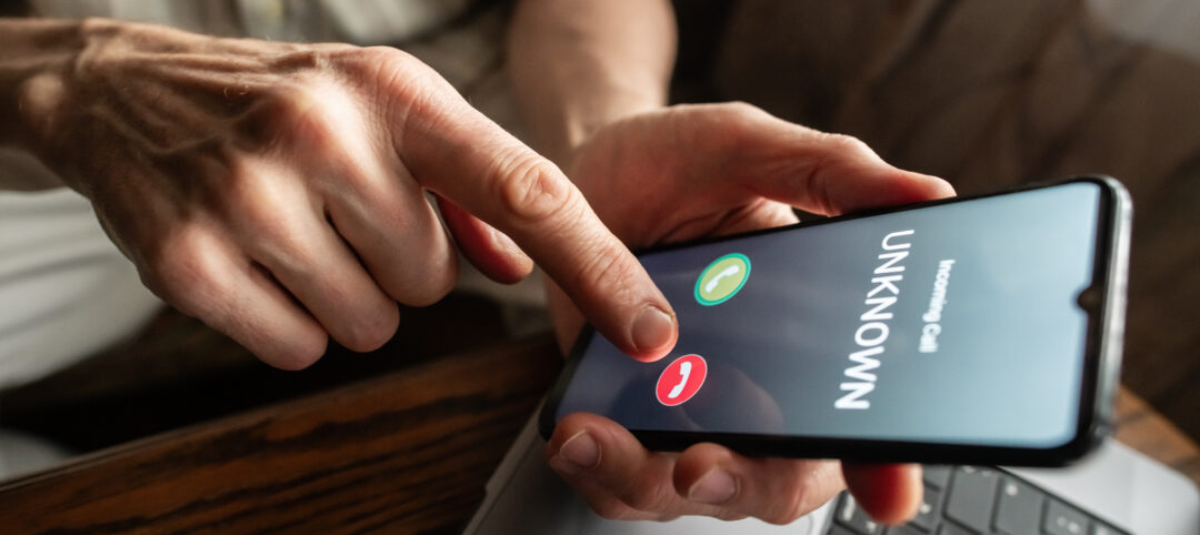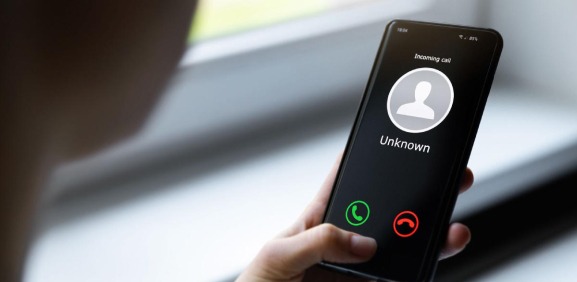Bancolombia user reports new and sophisticated scam that empties accounts

A new type of scam was revealed on social media in which cybercriminals send codes from the Bancolombia branch website.
"They call me on my cell phone and a very well-spoken young man introduces himself with the same script that officials have when you call security, blockades, etc.: 'We are calling you from Bancolombia security and blockades, how are you today,'" said Carolina Jaramillo.
The scammer later claims that a transfer worth $400,000 was made from the account and that they detected an "unusual device."

Scams Photo: iStock
The user assured him that she had not made such a transfer and the scammer told her "we are going to proceed with a preventive block", which made the user believe that her account had in fact been used.
" He tells me to write down the verification number to proceed and dictates: thirty-four. Fifty-six. Seventy-eight. Dash in the middle zero one [345678-01]. To detect how distracted one is at that moment. I don't get it," he said.

This is the email that arrives Photo: screenshot
After repeating the code to the criminal, he told her to check her email: "Look at the sender to confirm its authenticity," they told the user. "Everything looks perfect because it is not a fake email. It is from the bank. It is a user verification email," said Carolina Jaramillo.
After the person told her to read the email to see "if it's the same one they sent her," the woman realized this scam: "With the email and through the virtual branch they ask for the username. Since they don't have access to the email, they ask you to read it to tell them the username."
Jaramillo also indicates that during the process they asked him to enter the password on the keyboard just as they ask you in a real call. The whole process is exact. At this point they only need the user to enter my app and be able to do and undo."

This type of scam is becoming increasingly common. Photo: iStock
EL TIEMPO contacted the bank and made recommendations to users to avoid falling into this type of scam.
"These are calls in which criminals impersonate officials from financial institutions or businesses to steal information."

Photo: Istock
In addition, the entity reminded users of the data that should not be given over the phone or chat: password, username, credit card numbers, expiration dates and security codes.
In other cases, they ask the user to 'confirm' the codes they receive via SMS (text messages), thereby stealing the passwords to carry out banking transactions.
When a message generates an alert because it is asking for confidential financial information, money transfers, downloading attachments from unknown senders or actions that are not normal or simply raise doubts, the best way to act is to forward the message to [email protected] or to WhatsApp +57 300 887 68 17 and there they will tell you if it is a scam.
More news:eltiempo






